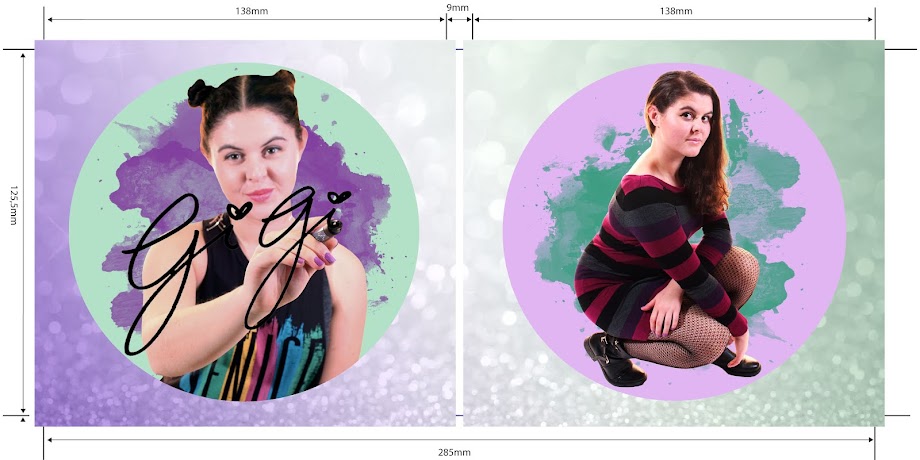 The "Big Three" record labels are Universal Music Group, Sony Music Entertainment and Warner Music Group. These labels have dominated the music market since 2012 and control 70% of the music market worldwide.
The "Big Three" record labels are Universal Music Group, Sony Music Entertainment and Warner Music Group. These labels have dominated the music market since 2012 and control 70% of the music market worldwide.All three are conglomerate umbrella companies, although many are directly managed through sublabels that operate under a different name.
Independent record labels are likely to operate on a smaller scale. Many are confined to a specific music genre and lack the funding and the ability to promote their artists on a global market.
Below, I have constructed a table of the pros and cons of major and independent record labels.
Interscope Records is an American Record company and it is a subsidiary of the Universal Music Group (one of the aforementioned Big Three). It was founded in 1989 by Jimmy Iovine and Ted Field.
Being a major record label means that they have a lot of money which is invested in the production, marketing and distribution of their artists' music. This is an advantage for both parties and they both benefit from successful music sales.
The record label manages some of the biggest names in the music industry, many of whom have won countless awards. In the year of 2014, six Interscope releases appeared in the Billboard year end album charts: The Marshall Mathers LP 2 by Eminem, Ultraviolence by Lana Del Rey, V by Maroon 5, Native from OneRepublic, Lady Gaga's ARTPOP, and Oxymoron by Schoolboy Q.
 |
| The numerous artists under Interscope Records |
In 2015, Kendrick Lamar's album was leaked a week early. The CEO of Top Dawg Entertainment, a hiphop division of which Kendrick Lamar is signed to, blamed Interscope Records and tweeted the following.
 |
| Discontent with the record label |
From the research that I have done into Interscope Records, a major record label, and the research that my group members Gabriel and Georgina have done into the indie record label Domino, my group have decided that we would release our debut artist's album under a British indie record label. This is because we found that the negatives of Domino having a small budget was outweighed by the small company's love of music. Despite being tremendously successful in the music industry, a major record label such as Interscope Records runs the risk of neglecting a debut artist and a multi-album deal that disadvantages the artist.
The research that I have conducted into record labels; both major and indie and the Interscope Records case study will be very useful to my project because record labels play a vital role in the production and distribution of a debut artist's album. Choosing to go with an indie record label will heavily impact the institutional decisions that we will make concerning the marketing campaign.





No comments:
Post a Comment